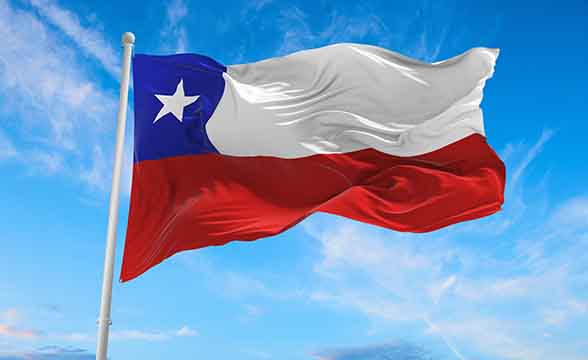Chile’s gaming industry scenery is not looking as bright as it could be and industry moves aren’t hitting their stride as some might have expected, so a closer look at the future doesn’t inspire too much confidence – not for the industry, and not for investors.
Multiple Possible Reasons for Raids
Diario Financiero (DF) reported on August 10 that the homes of top executives from the Marina del Sol, Enjoy and Dreams casino chains were raided thanks to an order issued by the FNE (Fiscalía Nacional Económica) – Chile’s National Economic Prosecutor’s Office. It’s important to note that Dreams and Enjoy are currently in the midst of attempting a historic merger which is still being mulled over in its Phase 2 of assessment, as it could severely reduce competition within the industry. Together, Dreams and Enjoy run around 60% of all casinos in the country, so a careful examination of the market and the proposed framework for the merger is expected.
It’s not yet clear whether the raid was fueled by evidence uncovered during the investigation of possible collusion, whether it is part of the reason why the merger isn’t being pushed through or if it’s something unrelated, but reports suggest that electronic devices and other evidence was collected or confiscated, so updates on this story will follow.
If You Can’t Beat Them – Tax Them
As the merger possibly threatens the balance and fairness of the casino industry in Chile, a collusion downright threatens its existence as it might involve all the major casino operators in the country. As for the rest of the gaming scene in the country, the picture is not too peachy either.
It’s been almost half a year since Chilean authorities brought about the iGaming bill and started openly discussing the future of online gambling in the country. It’s no secret that it’s already a big underground industry and taxing and regulating it seems like the best way to tackle the problem.
According to the first draughts of the document, all potential license applicants would need to be located in the country, if they wanted to operate in the new market. Some steps to ensure complete transparency would also need to be taken when applying, in order to be granted a license, which is completely expected in this context.
However, one peculiar detail from the bill caught the eye of Chile’s Ministry of Finance in the face of the proposed tax framework. If international operators would be allowed to launch in the country, they would need to be taxed according to national standards that weren’t entirely ironed out in the bill, generally regarded as Chile’s “online gambling bill” or simply the “gambling bill”. Another detail is that both orgs, as well as players, would need to be taxed but the taxation framework hasn’t made it entirely clear how the process would work and some machinations for tax distribution channels and protection measures with their corresponding funding also still have a long way to go before being ready for the spotlight.
More Change Needed
The situation in Chile’s gaming industry is not dire yet, but it being plagued by these alleged illegalities and insufficient preparations for expansion is simply not sustainable. Maybe if the country revamps its regulatory body like New South Wales did, along with passing some needed updates to its legislation, the industry will pick up speed again and join the rest of the countries who are beginning now to not only go back to normal after the pandemic but also move forward and progress further.
iGaming has shown it has great potential, even during tumultuous times, and a flourishing taxable industry is always good news for the government.


